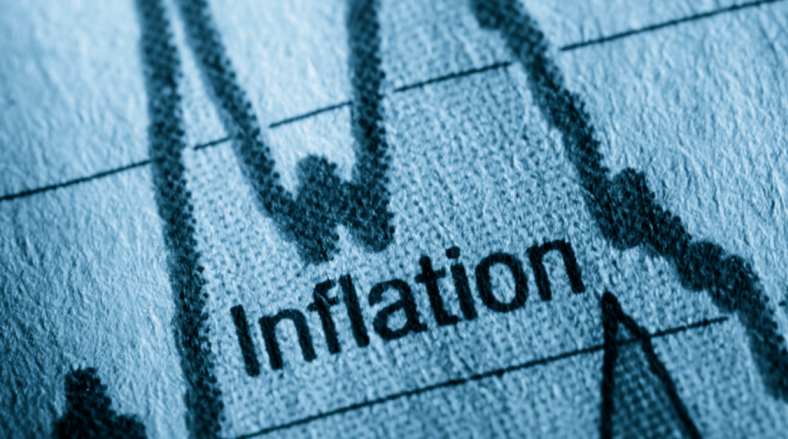(ThyBlackMan.com) Between COVID-19 economic challenges, supply-side glitches, pent-up demand (people are finally shopping again) and more, prices are percolating upward in most uncomfortable ways.
In Los Angeles, gas prices are hitting north of $4.50, in some cases nearly $5 a gallon. In some places, the shelves are bare and staples like milk and bread are at least 5% higher than they once were.
Inflation is here. It is real. It isn’t retreating, at least not anytime soon.
When prices rise, we get inflation. Economists often describe it as “too much money chasing too few goods.” That means there are just a dozen hot toys, and folks start making deals to get the hot toys from somewhere. Other folks, then, either have to “wait their turn,” conspire to pay more or go without.

While you can go without hot toys, you can’t go without milk, cheese or chicken. Instead, you watch hopelessly while prices rise and increasing prices take you out of the mix.
Prices rose by more than 5% from a year ago.
It might be good news for Social Security recipients, except that their larger check must pay the higher prices that come with inflation. Inflation and Social Security increases have hit a 13-year record high of 5.4%; economists predict that inflation will drop only slightly in 2022, to 4%, and then tick down a bit to 3.4%. In other words, inflation will be with us for a while.
You don’t need economic analysis to explore this. All you have to do is walk through the empty shelves at the supermarket, the rising gas prices, the many ways people are cutting and pasting their lives to conform with the “new” economic rules. Some of the rules are powerful — balance your work and your lifestyle — and some make no sense.
However you interpret the rules, the metric has changed. People are asking questions about quality of life with the same vigor that they once asked about compensation. And some are willing to walk away from great offers that don’t acknowledge their challenges.
One of the new economic realities, though, is the ways inflation affects our lives. The effects are not uniform, and they have a differential impact on people based on their socioeconomic status. People at the bottom absorb the inflation hit more acutely than those at the top. A 5% increase in the cost of a gallon of milk hits harder for someone who earns $30,000 a year (or $15 an hour) than for someone who earns $100,000 a year. At the bottom, people are making survival decisions. At the top, the few cents more one is paying for milk is nothing more than a nuisance.
What’s race got to do with it? Black people experience more poverty, spend more time at the periphery, are more frequently unemployed (even as some speak of labor shortages), and more economically distressed. While all Black folk aren’t poor or distressed, the number of us who are suggests that inflation will disproportionately affect Black folks. If inflation is here to stay, we can predict a further widening of the wealth gap and more economic challenges for Black folks.
The issue of workplace flexibility has ramifications as well. Many in the middle/professional class have been told they can work remotely for the rest of the year and even into 2022.
Technology has made it possible for people to shorten (or even eliminate) their commute, thus saving money on gas, clothing and more. Meanwhile, technology has not made life easier for someone who must report to work in person — the checkout clerk, the wait staff, the bus driver, the nurse. These folks are dealing with inflation on two fronts, both in terms of their expenses to go to work and the expenses they incur to survive at home.
Black folks will manage inflation the way we always have — with grit and resilience. But inflation is as much a Black issue as the infrastructure bill is. We are on a train that is moving forward, even if, in the words of Dr. Bernard Anderson (University of Pennsylvania), who mentored me, we are riding in the caboose. The poorer we are, the harder inflation hits us. And it won’t get better until we have better domestic public policy.
Written By Julianne Malveaux
FB Page; http://facebook.com/julianne.malveaux

















Leave a Reply